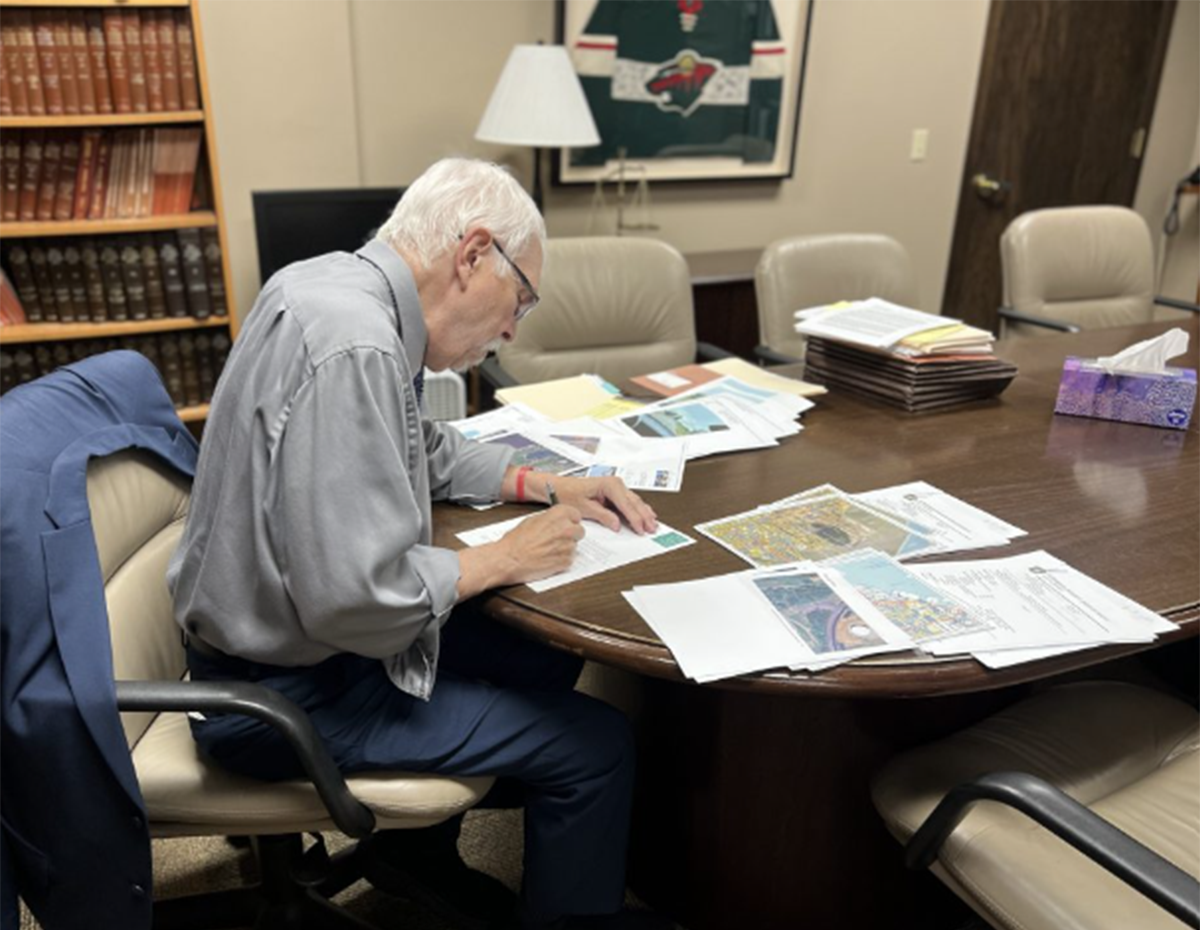On Monday night in Schofield Auditorium, dozens of students took a break from news coverage of the conflict in Iraq to learn more about a conflict many foreign policy experts say underscores all issues in the Middle East.
For thousands of years, the Palestinians and Israelis have battled over sacred territory. Since the end of World War II, when displaced Jews were given Israel as a sanctuary, they have fought with the Palestinians over the West Bank and Gaza Strip.
Two young Israeli men, Noam Bahat and Shimri Zamaret, spoke to the audience about their decision to refuse to perform their mandatory service in the Israeli army because of their beliefs that the Israeli occupation of Palestine is wrong.
The two refuseniks were among a group of young Israelis jailed for their decisions.
A month and a half ago, the two men were released from prison and have been touring the United States to tell their stories.
Both men said they could not serve because they did not believe in what the Israelis were doing to the Palestinians. They could not force themselves to be part of an army that occupies another peoples’ land and neglects human rights.
Zamaret told the story of a man he knew who served and eventually became so overwhelmed by guilt and confusion about what he was doing that he considered taking his life.
“He made this rational, logical decision that these things are so awful that he preferred to die than to continue on doing all those things,” Zamaret said.
In the last four years of the conflict, 131 houses have been destroyed, 6,700 Israelis and 28,000 Palestinians have been injured and 925 Israelis and 9,936 Palestinians have been killed, he said.
“I realized that my country is an occupying nation,” Bahat said. “When I realized that, I knew that I must do everything I can to stop this occupation to make sure that both countries would stop paying that very high price.”
He explained that once he had made that decision, he knew he had to refuse to serve in the army.
This act held the punishment of imprisonment.
Bahat explained that when he decided to refuse, the number of refuseniks was rising, and in order to make a statement to the movement, the highly unusual process of court marshal proceedings was undertaken.
For their statement, the men and their fellow refuseniks were sent to prison.
He said the sacrifice was made to force Israeli people to think about the tragedy of the occupation.
“We learned that the act of refusal is capable of putting a mirror to the face of the Israelis,” Bahat said.
Besides the prison time they received, the men said they also faced criticism from friends who decided to serve. Some responses were warm, but often, they were chastised.
“I got really harsh reactions from people in my family and some of my classmates,” Zamaret said. “And, actually, I was quite glad to get those because, to me, getting those responses means … I challenge their beliefs.”
The men explained that they easily could have avoided service by lying to officers, an act common in Israel, but that would not have meant as much to the peace movement.
“If you want to show the Palestinians that you support them, you have to pay the price for that solidarity,” Bahat said.
Sophomores Hannah Lott and Kristin Blake said they found the presentation inspiring.
They both said hearing the men helped shape their opinions of the Israeli-Palestinian conflict.
“Whether it’s for religious beliefs or ideological beliefs, it’s not right to be occupying a country that doesn’t want you there,” Blake said.
Lott said the conflict reminded her of the one in Iraq.
“It relates so much to what we’re doing in Iraq,” she said. “They put so many years on the line. Why aren’t we doing the same if we’re against the war?”
Zamaret told audience members like Lott and Blake always to act on what they think is right.
“You should get up every day and ask yourself if the things you are doing are the things you want to do.”






